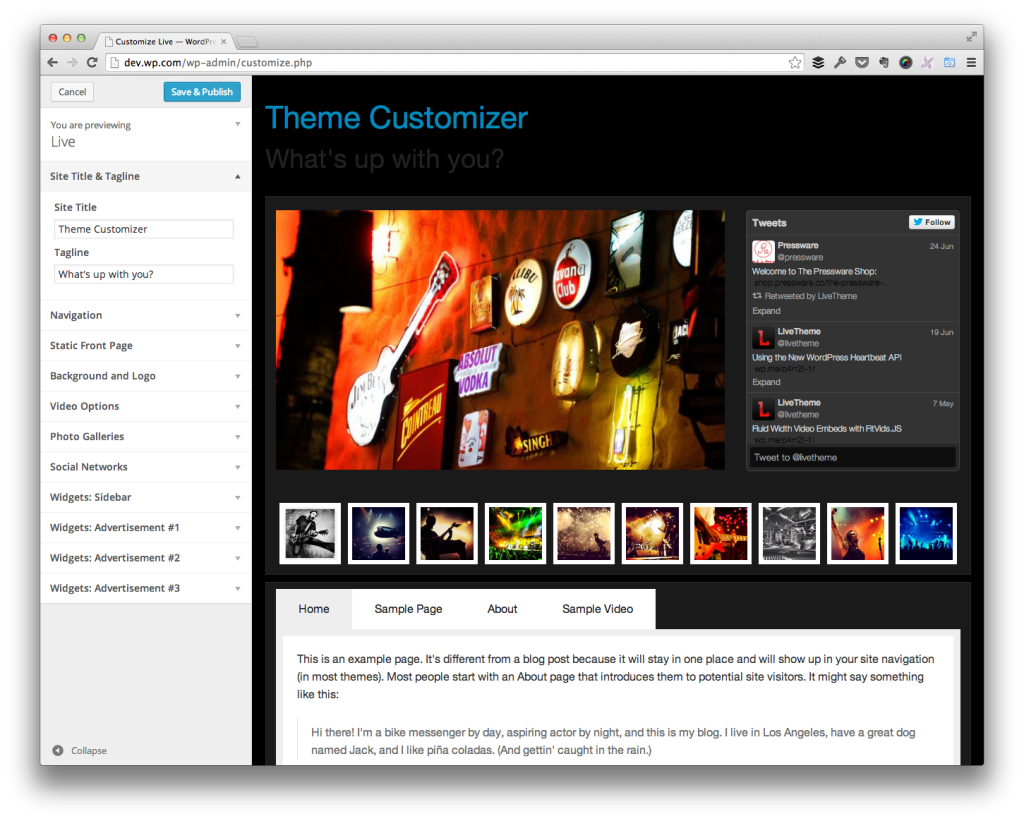If you hang around any group of programmers long enough, you’re bound to get into a discussion as to which language is currently the best language and why that’s the case.
Well. Then again. Maybe not.
I’d say this is true is some cases, but I’d venture to say that if you’re hanging around a group who has been at it for quite some time (read: at least a decade or so), you’re going to have discussions as to what features of what languages are nicer in contrast to features of other languages.
A more mature discussion, right? At least a little.
But then you take this one step further: You sit and chat with a group of people who have been working on the same platform or framework for a while and you may find yourself in a discussion about what features of a given framework has that are better than its alternatives..
Perhaps a better way of putting it is: You may end up discussing why one language, framework, or set of tools encourages better programming practices than any other given set of languages, frameworks or tools.
You know you’ve been there when you can quickly list off several reasons, say, Python programmers prefer white space, Rubyists prefer unit testing, Rails developers appreciate MVC, jQuery developers like method chaining, JavaScript programmers love the prototypal inheritance, and Smalltalk programmers love how few of them exist (I kid, I kid).
On a more serious note, there’s no shying away from the fact that people either love or hate PHP. Sure, there’s middle ground but there’s no fun in taking a stance there so you don’t read many articles on people simply saying “Yeah, I think PHP’s okay.” But when it’s used in the context of another framework like CakePHP or Laravel, then you’re likely to find something different.
So ultimately, I think it’s worth asking the question, does WordPress encourage strong or poor programming practices?
Continue reading


